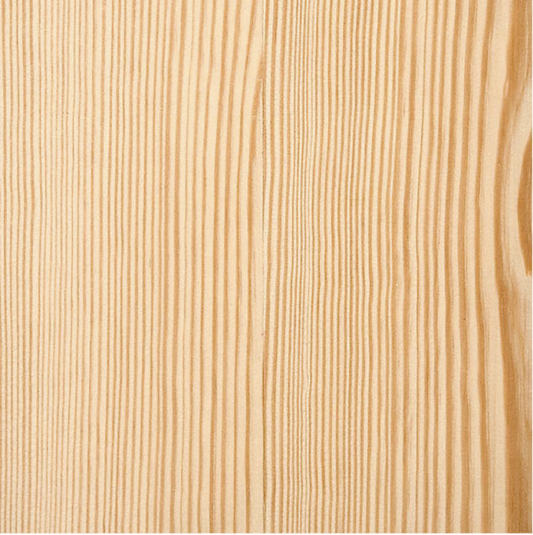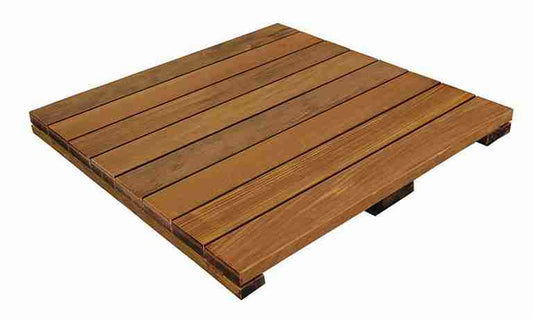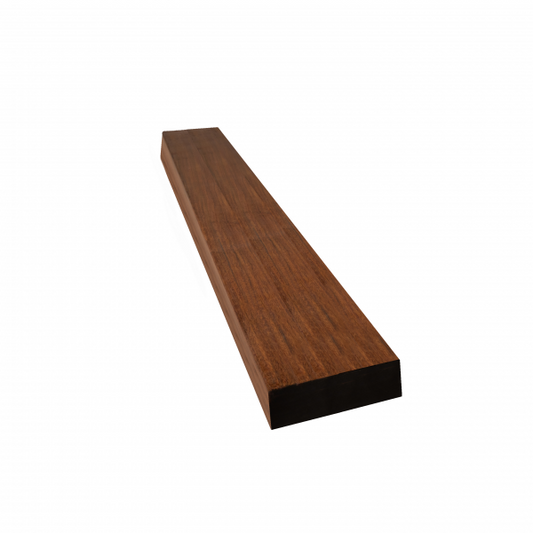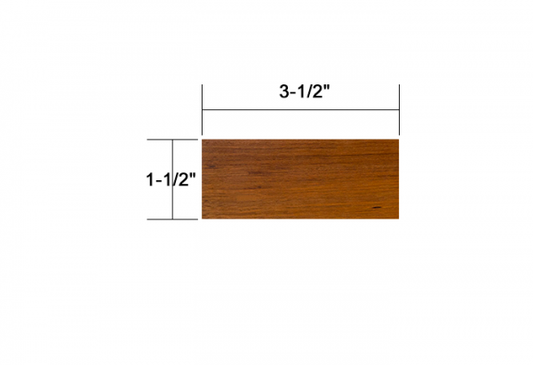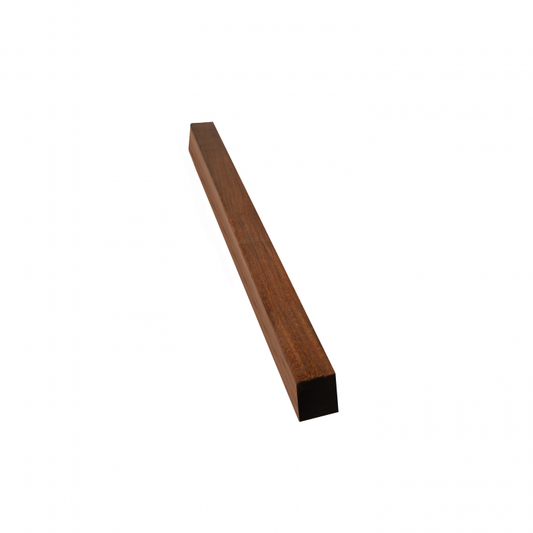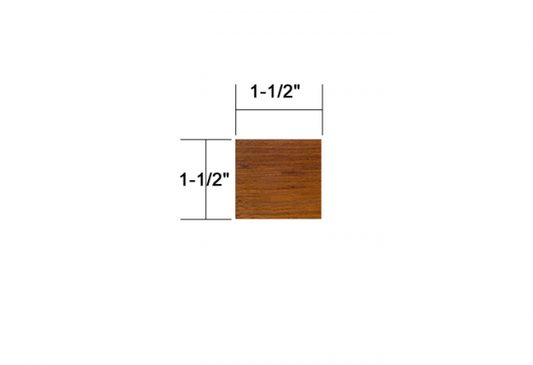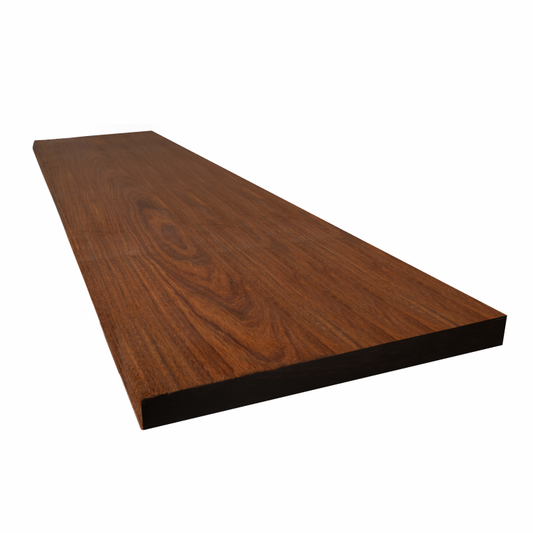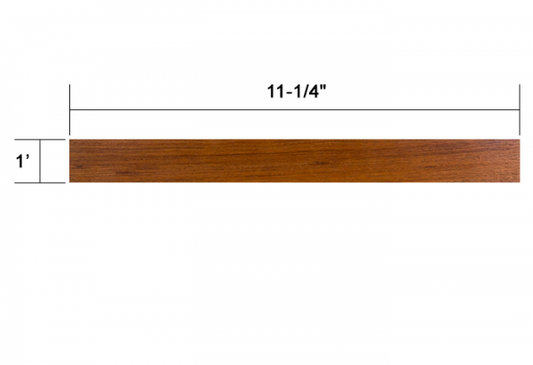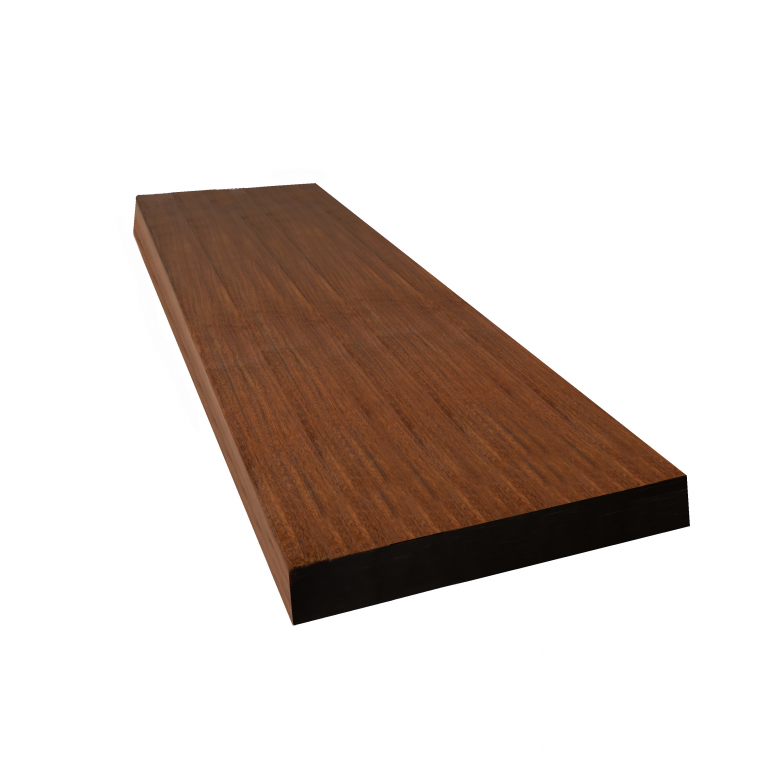
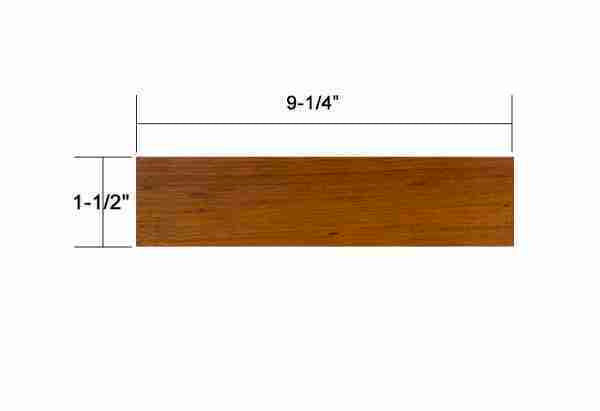
IPE 2×10
IPE 2×10
Ipe (pronounced ee-pay) is one of the densest hardwoods available for outdoor construction. Ipe 2×10 is very dense (in fact it sinks in water), it has the same fire rating as concrete and steel, and it is mildew and decay resistant. Its denseness and natural oils make it virtually impenetrable to insects (so insect deterioration is not an issue). Ipe 2×10 does not scratch or splinter easily, it does not become hot in the sun, and has a high friction coefficient, making it perfect for outdoor and seaside construction.
Species: Handroanthus spp
Other Names: Brazilian Walnut, Lapacho, Iron Wood, Amapa, Cortez, Guayacan polvillo, Flor Amarillo, Greenheart, Madera negra, Tahuari, Lapacho negro, Pau D ́arco, Canaguate, Polvillo, Hakia, Tahuari Negro, Groenhart, Acapro Puy, Yellow poui
Ipe Origin: Central and South America (Brazil, Peru, Paraguay, Argentina, Colombia, Costa Rica, Guyana, Honduras, Jamaica, Mexico, Panama, Venezuela)
Appearance: The color of ipe 2×10 is similar to walnut with dark tones that have olive brown to reddish undertones. If left untreated it will gradually turn to a beautiful natural silver patina.
Tree Size: 100-130 ft (30-40 m) tall, 2-4 ft (.6-1.2 m) trunk diameter
Average Dried Weight: 69 lbs/ft3 (1,100 kg/m3)
Specific Gravity (Basic, 12% MC): .91, 1.10
Janka Hardness: 3,510 lbf (15,620 N)
Modulus of Rupture: 25,660 lbf/in2 (177.0 MPa)
Elastic Modulus: 3,200,000 lbf/in2 (22.07 GPa)
Crushing Strength: 13,600 lbf/in2 (93.8 MPa)
Shrinkage: Radial: 5.9%, Tangential: 7.2%, Volumetric: 12.4%, T/R Ratio: 1.2
Drying: Ipe can be air dried or kiln dried. Air-dried ipe has a moisture content of around 18% whereas kiln-dried ipe has a moisture content of around 10-13%. Either air-dried or kiln-dried ipe resist heat, rain, wind and temperature swings.
Workability: Due to its high density and strength, Ipe can be difficult to work with if one does not pre-drill it. Ipe should be screwed together and should not be glued or nailed.
Maintenance: Ipe does not scratch or splinter easily, which means that it will maintain the structure’s integrity for over 25 years. However, to maintain the original color of ipe, it will have to be oiled at least once per year depending on the climate and the sun exposure. If ipe is not sanded or oiled it will turn to a gray color often referred to as a silver patina.
Preservation: Ipe does not require any special treatment as it will last for over 40 years without maintenance, but the hardwood naturally weathers to a beautiful, silver-gray patina. To maintain this rich tone, a deck oil with UV inhibitor or sealers are good options.
Sustainable: The Convention on International Trade in Endangered Species of Wild Fauna and Flora (CITES) does not list ipe in its appendices.
The Forest Legality Initiative also states that ipe can be exported and traded internationally.
International Union for Conservation of Nature’s Red List of Threatened Species (IUCN) does not list ipe as an endangered species.
Penny Timber Products meets high standards for social, economic and environmental responsibility. We monitor and document chain of custody of all our hardwood, we are Lacy Act compliant, IBAMA certified, and provide certified options. This means that purchasing from us, fuels the hardwood lumber economy in South American forests, and by providing well paying jobs for many people in turn means the industry values its conservation and preservation.
ADVANTAGES OF USING IPE 2×10 FOR YOUR OUTDOOR PROJECTS
- Strong and Durable
- Low Maintenance
- Natural Look
- Long Life Span
- Sustainably Sourced
- Boosts your Property Value


